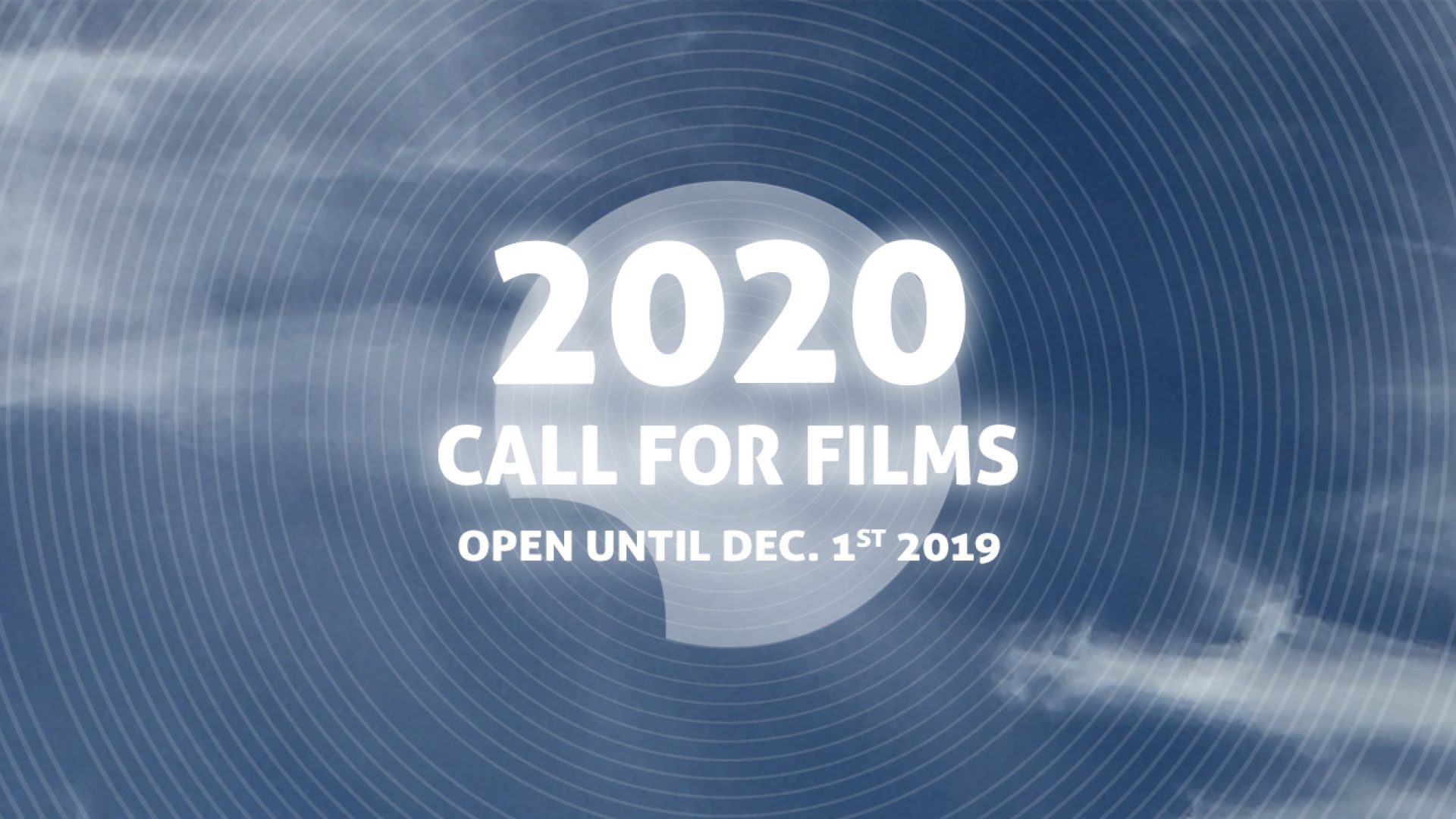SIDE PROGRAMME 2013
KEYNOTE | Peter I. Crawford | University of Tromsø, Norwegen; NAFA
OBSERVING CONTEXTS – THE ROLE OF OBSERVATIONAL CINEMA IN ETHNOGRAPHIC FILM
‘Participant observation’ has become the field work method par excellence of social anthropology since its inception as an academic discipline, e.g. through the work of one of its founding fathers, at least in a British context, Bronislaw Malinowski. But what does participant observation actually imply, and are these implications the same when talking about visual anthropology and the use of audio-visual media in field work? And why is it that ‘observational cinema’ seems to have become the ‘jewel in the crown’ of ethnographic film, as Marcus Banks once put it (in Crawford, P. I. and D. Turton (eds.), Film as ethnography, Manchester University Press, 1992)?
Drawing on inspiration from the world of semiotics, as well as the thoughts of prominent figures within both cinema and poetry, Pier Paolo Pasolini and Dai Vaughan, this presentation will try to analyse the notion of ‘observation.’ Being the root word of ‘observational’ we need to define what we mean by ‘observation’ and ‘to observe’. This is a complicated discussion, being played out in the interface between philosophy and the social sciences (and science in general), and heavily affected by the fact that ‘observation’ has been the key foundation for the development of modern science. One of the points I would like to make is that observation is never simple, e.g. that there is no such thing as simple observation in the sense that we all observe differently. This implies not only that you and I observe differently but also that I/we observe differently in different spatial and temporal contexts. The matter is complicated even further by the significance of observing with or without a camera. It is also linked with the discussion of concepts such as to see, to look, vision, sight, gaze etc. The analysis is based on distinctions between understanding and explanation, knowledge and information, and the dual role of film as being simultaneously both record and language, what Dai Vaughan has described as the ambiguity of the film medium. The ambiguity of the title of this keynote, observing contexts, is linked to this in various ways. It is about observing the actual contexts in which human lives materialise themselves in various ways, and about the methodological and conceptual context(s) in which our observational practices take place, the term ‘contextualisation’ crucially establishing the link between these two domains, as well as being instrumental in shaping the narrative structure of film. The whole discussion is one of the areas in which visual anthropology, almost by definition, may play an important role.
PANEL DISCUSSION ABOUT THE FILM SAVAGE MEMORY
Bronislaw Malinowski – ein Name, an dem kein/e StudentIn der Kultur- und Sozialanthropologie vorbeikommt, aber wohl auch niemand sonst in den Sozialwissenschaften generell. Der Film Savage Memory beleuchtet das private Leben und wissenschaftliche Schaffen Malinowskis und dessen Vermächtnis aus mitunter sehr persönlicher, aber auch sehr kritischer Perspektive.
Aufgrund dessen freuen wir uns, dass wir ao. Univ. Prof. Dr. Hermann Mückler (Institut für Kultur- und Sozialanthropologie, Wien), Dr. Helmut Lukas (Österreichische Akademie der Wissenschaften) und Mag. Khaled Hakami (Institut für Kultur- und Sozialanthropologie, Wien), für eine, an das Screening des Films anschließende, Podiumsdiskussion gewinnen konnten.

